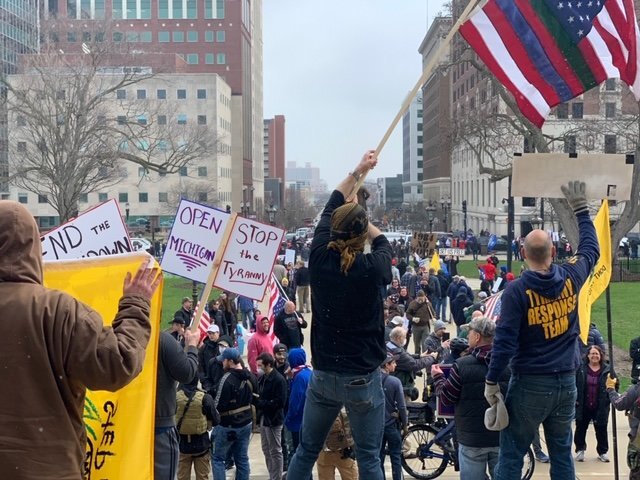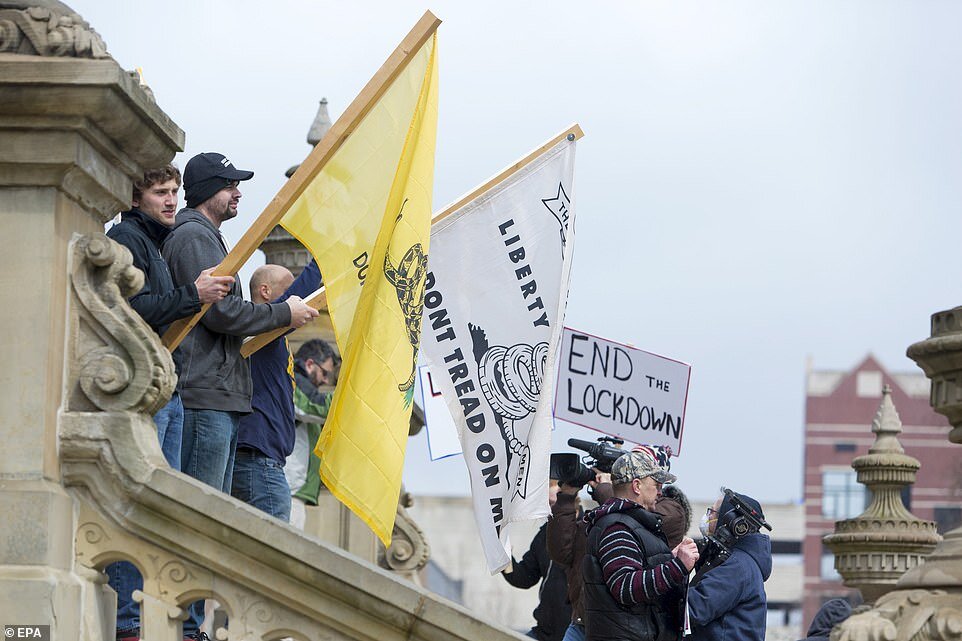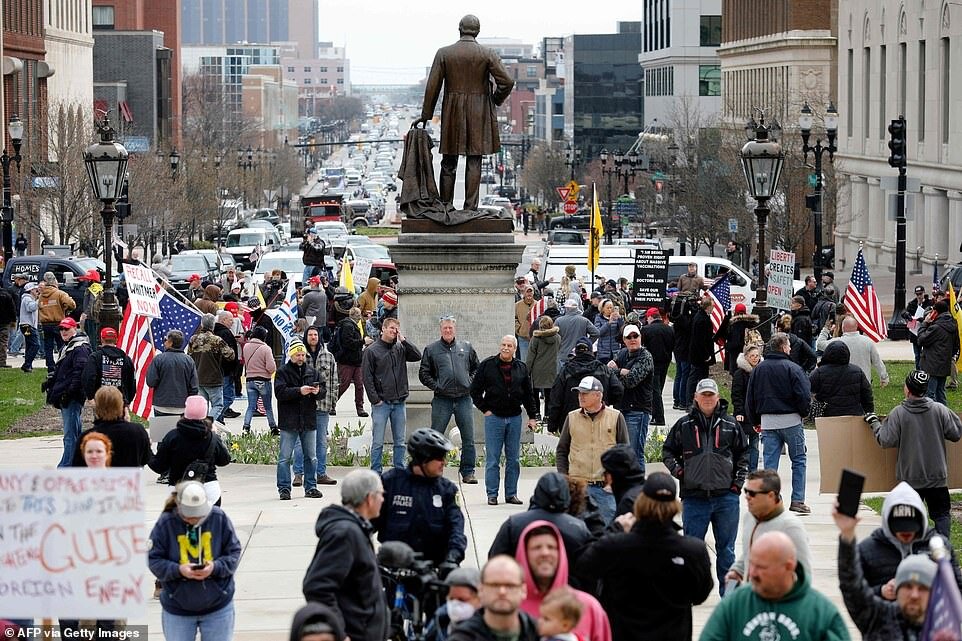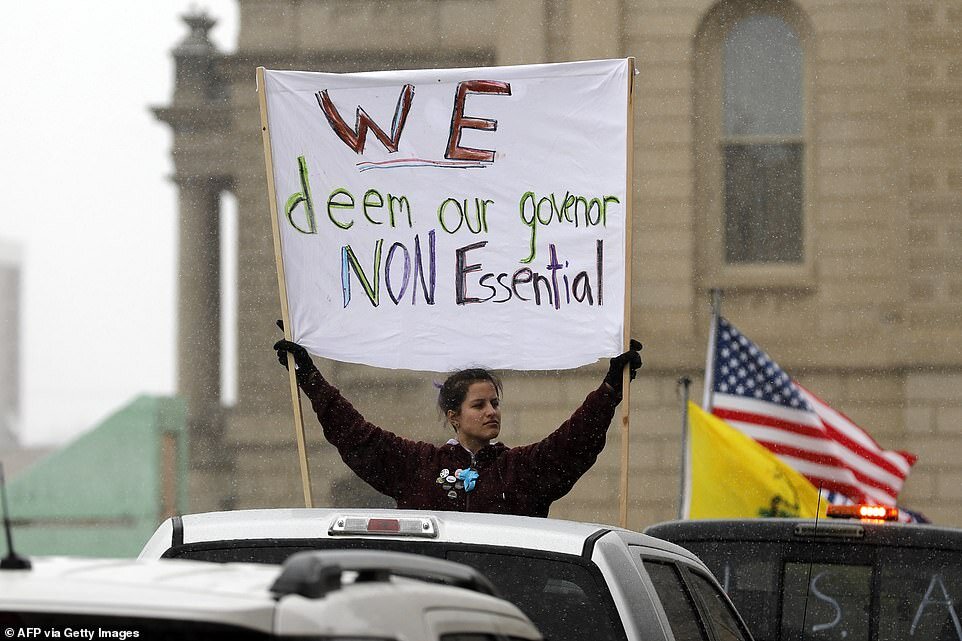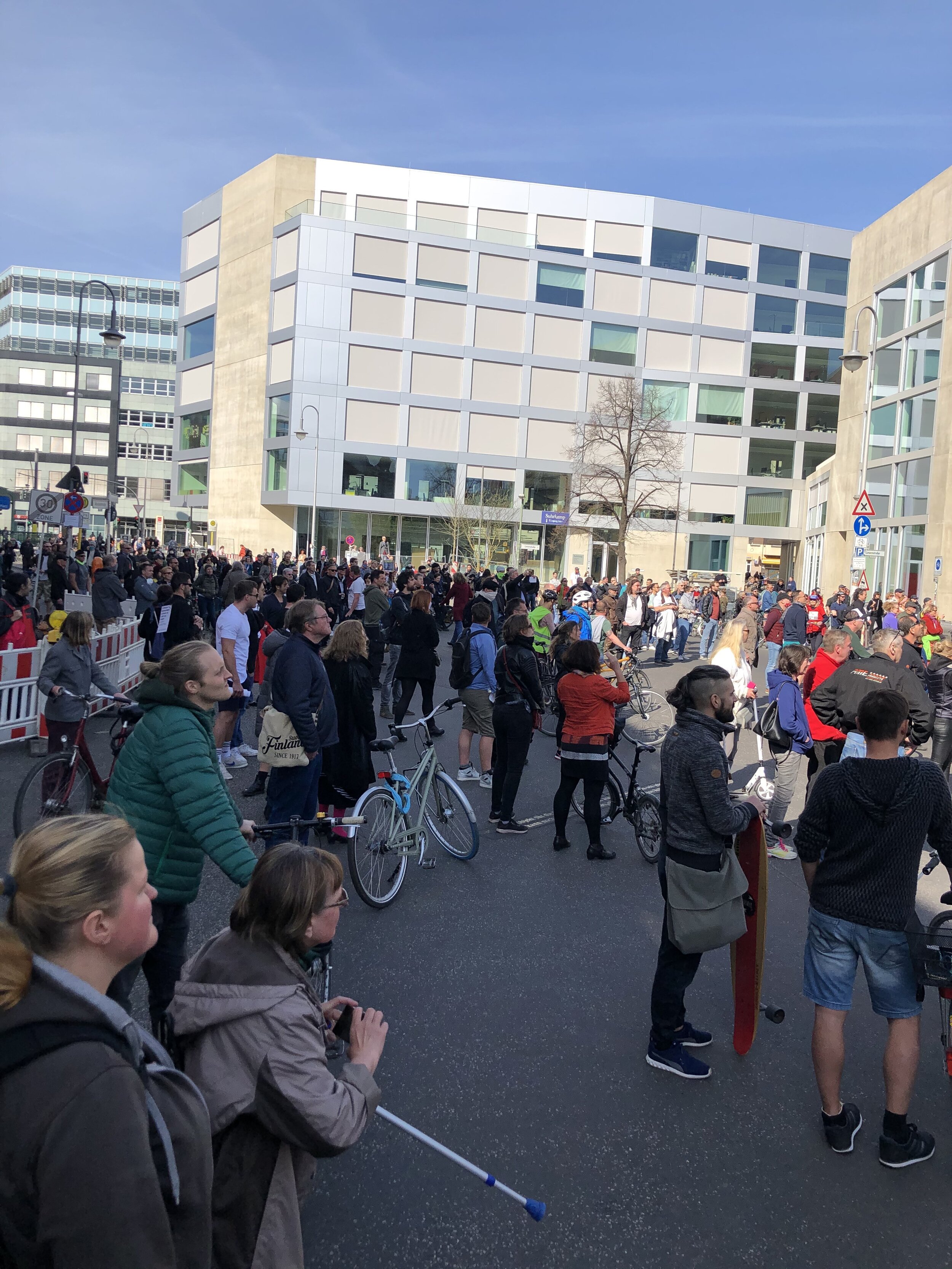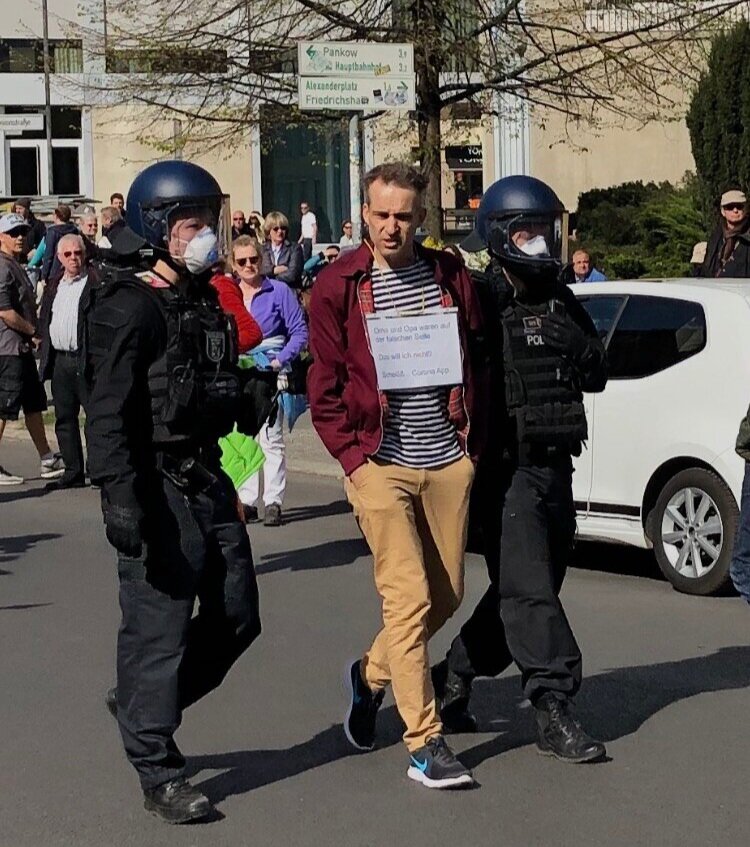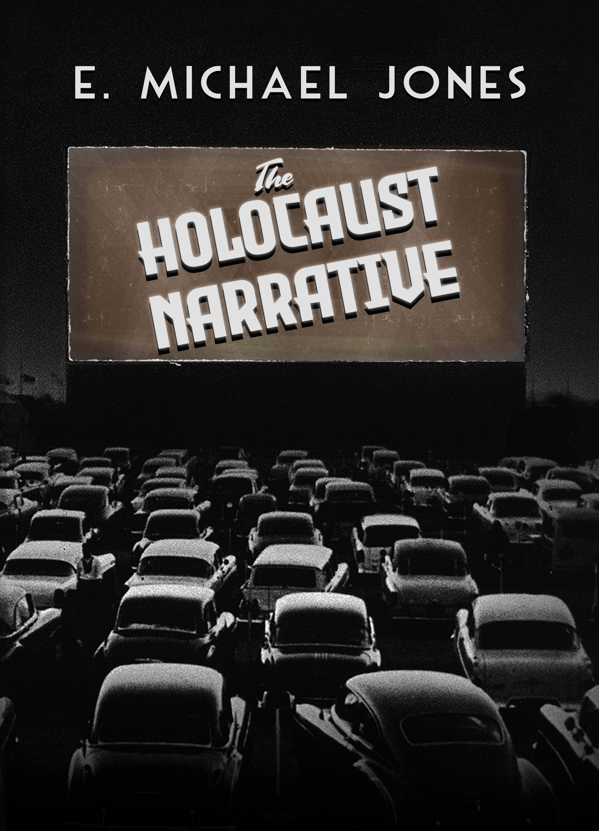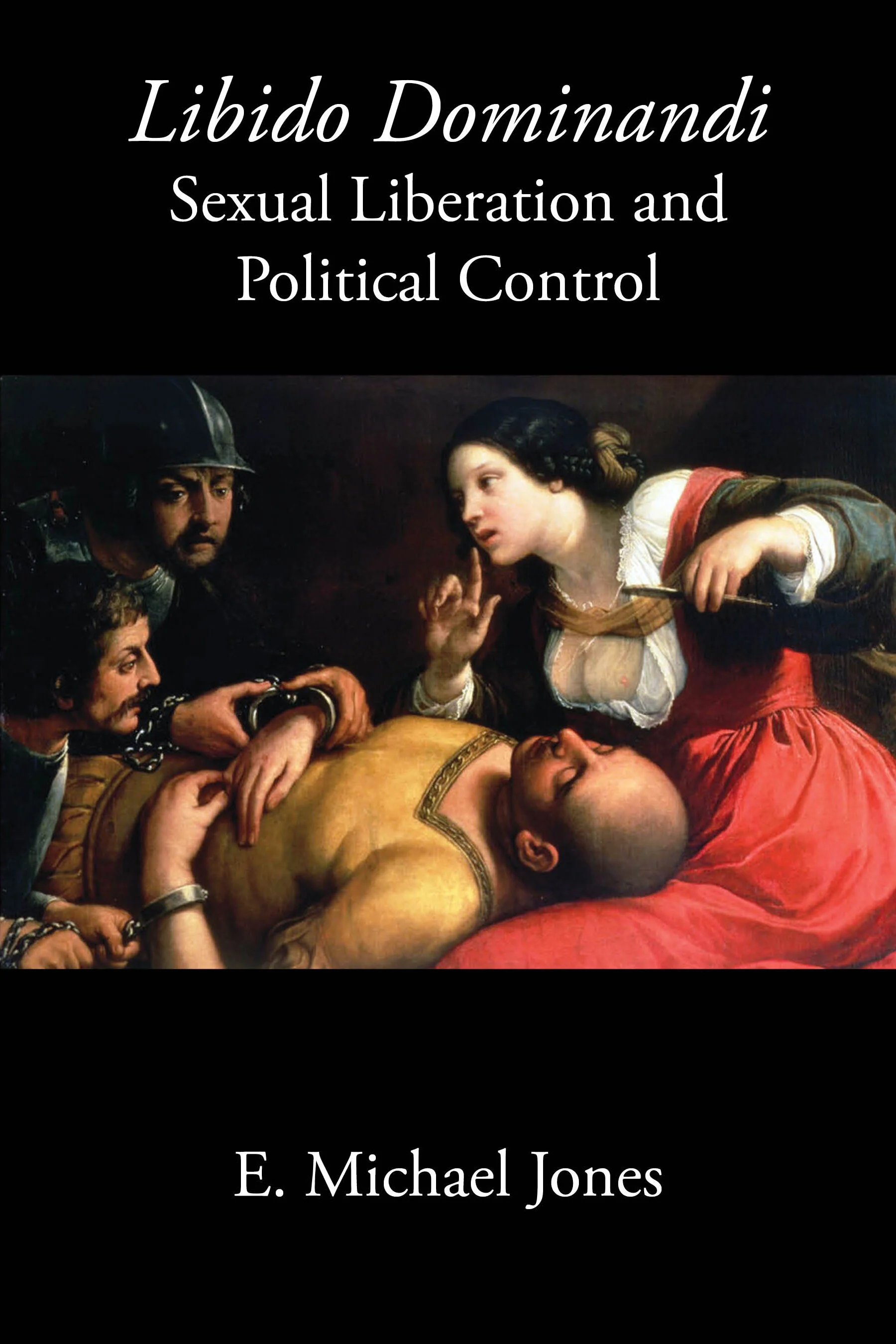COVID-19 UPRISING
/In an article which appeared on the First Things website, entitled “Epidemic Danger and Catholic Sacraments,” Rev. Thomas Joseph White denounced anyone who had doubts about the state’s quarantine measures as exhibiting “a misbegotten exaggerated libertarianism,” as well as “exaggerated individualism, magical thinking that ignores scientific evidence, and religiously rationalized narcissism.” White then claims that his position is “based on a basic given of natural law. The state has a fundamental obligation to protect human life, especially when it is gravely threatened” as long as it follows “both traditional, time-tested procedure and proven scientific advice.” Anyone who claims that public health measures may impede “civic flourishing” is “scientifically unrealistic and ethically irresponsible.”
But for the fact that Buchanan’s column appeared five days after his article, Father White’s rebuke could have been aimed at Pat Buchanan, who wrote:
“For each American lost to the pandemic, 1,000 Americans have lost their jobs because of conscious and deliberate decisions of the president and 50 governors. Some 60,000 citizens, we are told, will likely be lost in this pandemic. Are we prepared to accept 60 million unemployed to "mitigate" those losses? . . . While the daily loss of Americans to the virus appears to be leveling off, one-third of the way to that 60,000 figure, the other losses from the social and economic devastation we have invited upon ourselves have just begun to mount and will continue far longer.”
Is it “ethically irresponsible” to bring up a point like this?
Fr. Thomas Joseph White
In making his point, Father White presents us with a classic example of a-historical Thomism, presenting abstract categories which can only have meaning in an article on a current crisis if they are contextualized according to time and place. To give one instance, what does Father White mean by “the state” at a moment like this, when the power of the state is being usurped by experts like Bill Gates who speak in the name of “science,” as a way of abrogating representative government? Is it causing division to bring up points like this? Or is the division already there? “Nor is it helpful,” Father White tells us, “to utter the tone-deaf claim that the COVID-19 pandemic is not so bad and that people are overreacting. People are not overreacting when they grieve as their patients, friends, or family members die by the thousands.”
But what if thousands are not dying? What if the statistics are inflated? What if the economic consequences of the cure are worse than the medical consequences of the disease? What about contextualizing the pandemic geographically? So far only one person has died in St. Joseph County, where I live. Why then should the government impose New York standards where they do not apply? Is this why the United States is divided into states?
Father White claims that “Christians ought to treat this pandemic as an opportunity to learn more about God” and what they can do “to console both their religious and secular neighbors?” What about consoling the economically vulnerable who have lost their jobs? What about the debate about how long the quarantine is supposed to last? Is it “spiritually corrosive” to engage in that debate?
A-historical Thomism fits in well with a supine attitude toward the “state” and “science,” but it doesn’t get to the heart of the matter in dealing with something as geographically particular and time-bound as the coronavirus pandemic. The answer to all of these questions is prudence, the ability to recognize the truth and to act on it.
In this particular context that means the ability to answer a series of specific questions, like who speaks for the state? Is it Donald Trump or Bill Gates? Who speaks for science? Is it Anthony Fauci, the mouth of Big Pharma, or a host of German professors who say the pandemic is over and draconian measures no longer necessary? Who decides when the epidemic is over? The experts or officials elected by the people?
How does the president, to give just one example of a head of state, decide between the claims of competing experts? The answer is Logos in the form of prudence. Everyone has Logos, because, as Aquinas might have put it, everyone is a rational animal. Universal access to Logos is the basis of representative government.
Imprudent decisions by public officials have unleashed crises in places like Michigan, whose attorney general, Dana Nessel, just happens to be a lesbian. Lesbians do not make effective leaders because their vice blocks access to Logos, darkens their minds and renders their decisions either ineffective or unnecessarily draconian because of the lack of prudence behind them.
Logos is the antidote to the cabal of CEOs and homosexuals who now rule us imprudently with an iron rod of their own making because it takes political power out of the hands of the oligarchs and their experts and puts it back into the hands of the people, where it belongs in a democracy.
Shortly after Father White’s a-historical diatribe appeared in First Things, the German people declared an end to the coronavirus pandemic when they marched into the streets of Berlin and proclaimed, “wir sind das Volk.”
"Wir sind das Volk" a crowd chanted in Berlin, declaring an end to the #COVID19 pandemic in Germany. Cops were shouted down when they told the crowd to keep 2 meters apart from each other. This will end when people assert their rights over self-appointed experts like Bill Gates. pic.twitter.com/tg43X1fUSV
— E. Michael Jones (@EMichaelJones1) April 14, 2020
Pace Father White, it’s time for the people of Michigan to proclaim “we are the people” too. Power to the people. Down with a-historical Thomism. Logos is Rising.




